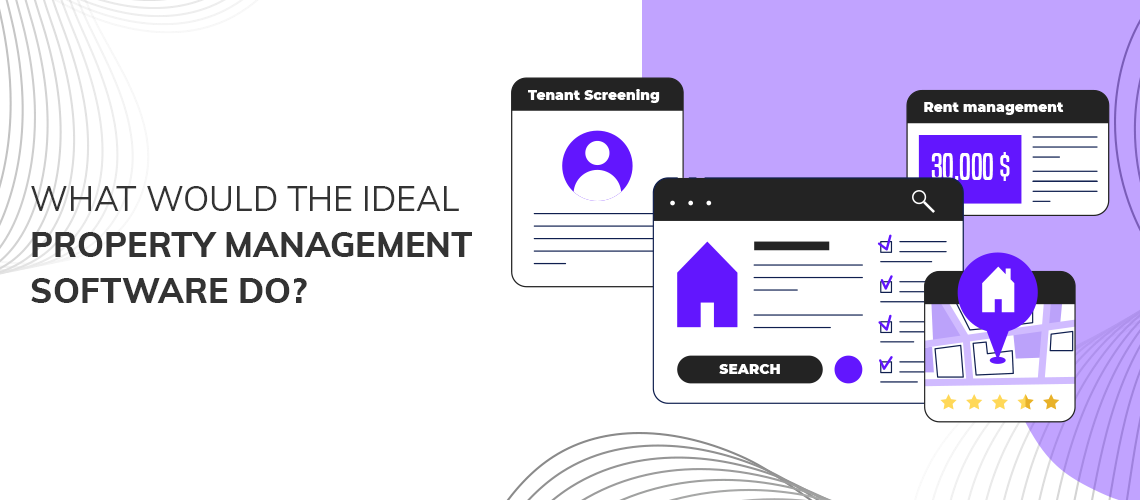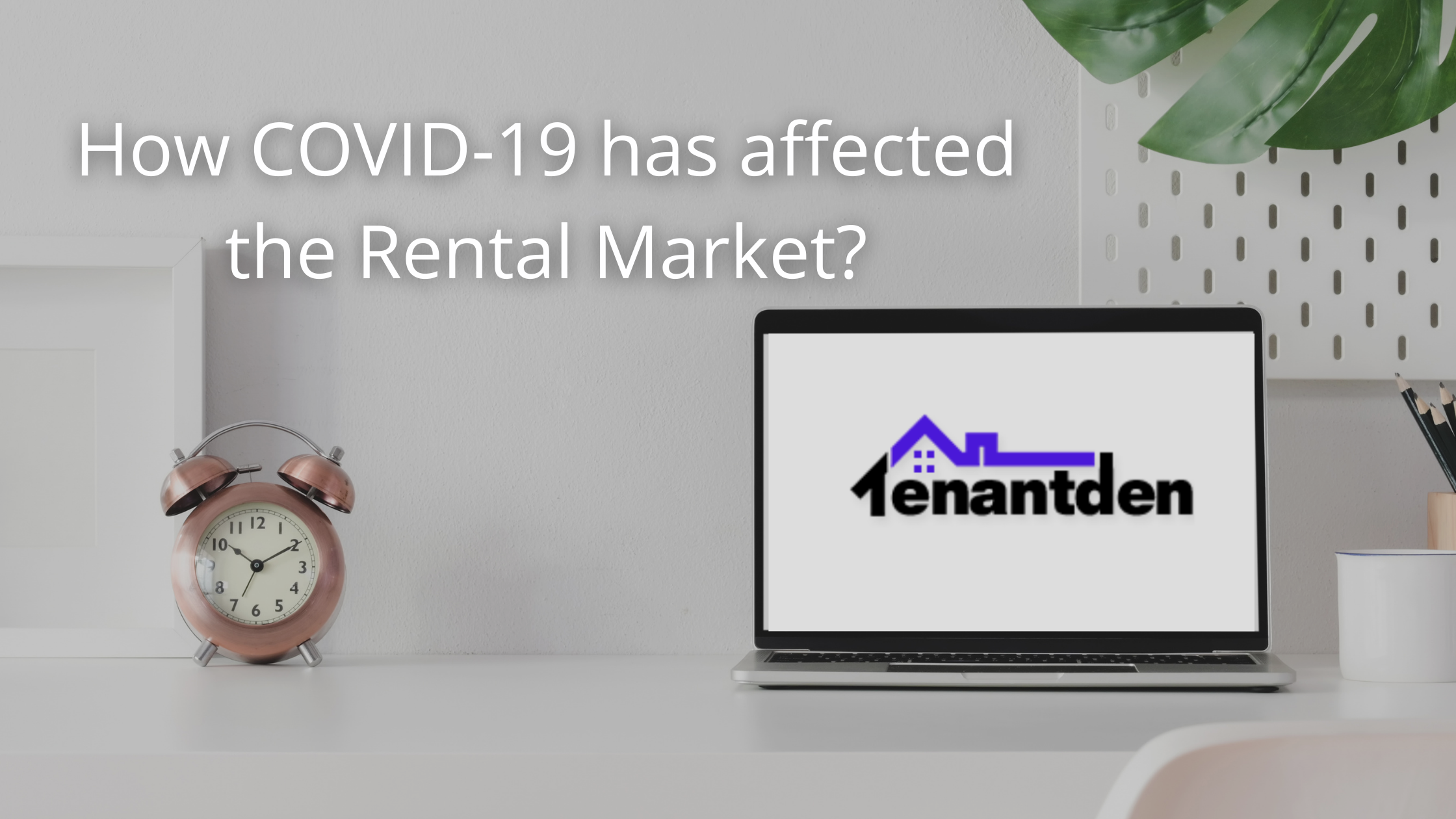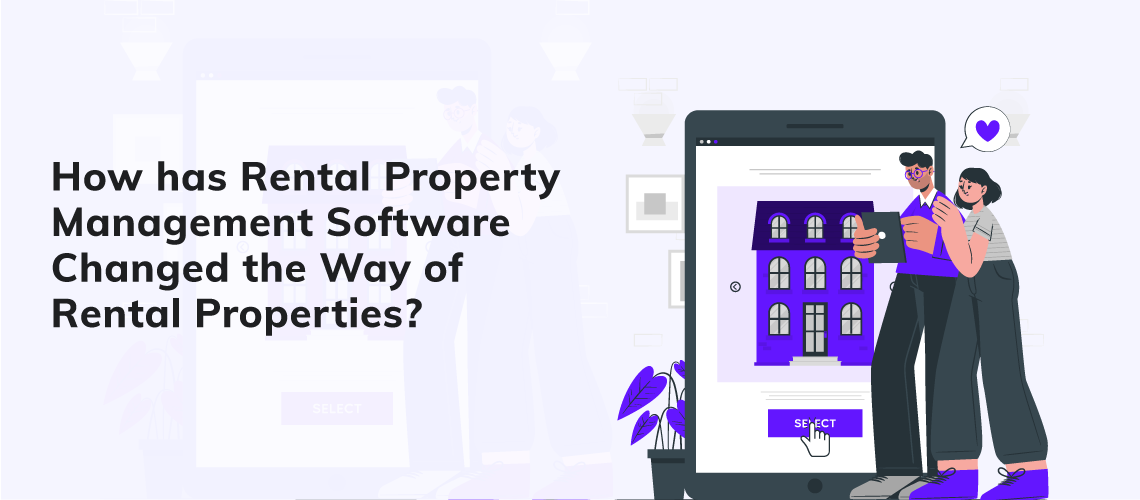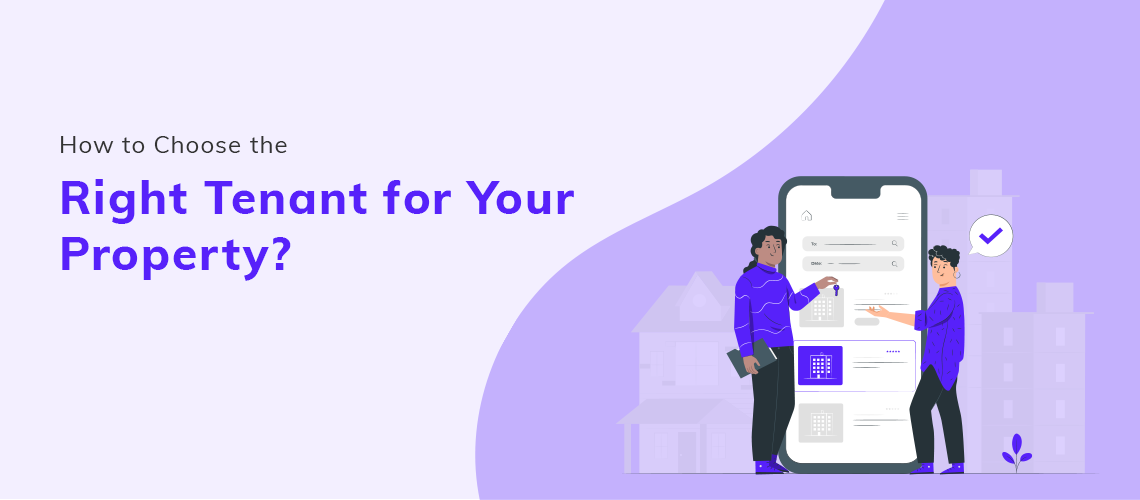
What Does Property Management Software Do?
- 06/30/2022
Being a property owner or manager you have a lot of work on your plate. You need to manage the daily needs of your properties as well as plan for upcoming tenants, make decisions about building renovations, stay within your budget, and more.
This is where property management software comes in. The correct software may assist streamline the tasks of you and your colleagues, eventually saving you time, money, and worry.
Where do you begin, though, with over 350 different varieties of this program available?
A property management platform may provide a broad variety of unique features and solutions, as we'll see below. We'll go through the many types of property and real estate management software available and how to pick the best ones for your requirements.
What Is Property Management Software?
Real estate and property managers, as well as the people who work for them, may improve and streamline their daily tasks by using property management software. In order to manage common real estate topics like tenants, leasing, accounting, and building maintenance, this sort of software typically comes fully inclusive (i.e., a full suite) or works in conjunction with other software. It can support residential or commercial buildings.
Now the arises here is: What Types of Software Do You Need for Property Management?
Property owners and managers have many alternatives because there is a huge (and growing) market for property management software. These are the primary categories of software to take into account when selecting real estate management solutions:
- Scheduling - To keep track of crucial data or events like tenant move-in and move-out dates, rental payment due dates, and employee/staff work schedules, all property managers require reliable scheduling software. Software for property management scheduling may also assist you in keeping track of your maintenance requirements, including everything from pest control to building repairs and enhancements to appliances.
- Property tours and showings - In connection with that, you might spend money on the software created especially to assist in more effectively managing your showings and tours for potential renters or purchasers. This option is helpful for landlords or property managers that need to keep track of a lot of tours, showings, or visits each week.
- Routing and transportation - You might not consider employing transportation and routing software for property management while scheduling any in-person meetings, tours, or visits to your rental properties. However, planning your routes more effectively for these in-person events might help you spend less time driving, get hours of time back each month, and pay less for transportation overall.
The Best Property Management Software for Property Managers and How to Choose It
You could get a headache just from thinking about all of these property management options, but don't worry. You may weed out possibilities that won't work for you and more precisely identify the one(s) you need for your unique position and business by asking the proper questions.
Start by asking yourself questions like -
- Will I need other software or is this the complete solution?
For busy real estate and property managers, full-suite property management software can be a helpful, all-in-one solution, but it's totally acceptable if a single piece of software doesn't fit all your needs. Just be aware that you might need to hunt for backup plans to cover any gaps.
- Does this work with the other systems I already have?
Do you already have software that you enjoy using and only wish to add complementary technology? If so, be sure that any solutions you choose can seamlessly connect with one another or may be used in tandem without causing any issues.
- How simple is it to use and learn?
The length of time it takes to migrate and integrate real estate technology is one of the biggest annoyances for property managers. Not every property management software is simple to learn and use, so whenever you can, request demos of your top choices and ask any members of your staff who will use the program for input.
- Will the software's advantages justify its price?
At first sight, certain property management software may appear expensive, but you should consider the purchase as a long-term investment. You're making a wise decision if it will increase your productivity, save you hours of time each month, or eventually provide you a solid return on your investment at the end of the year.
- How will this software help me scale my business or lessen the amount of work I have to do?
Purchasing software that won't eventually help your organization is pointless. Even if you're tempted to buy a solution, ask yourself if it will actually help your business succeed, and be ready to say "no."
For your specific rental requirements, the ideal property or real estate management software will unavoidably look different. However, by asking the questions mentioned above, you're more likely to find the program that works best in your particular circumstance.
If you have some more questions on your list, team TenantDen is ready to answer those. Feel free to book a consultancy with us.
Popular Posts


